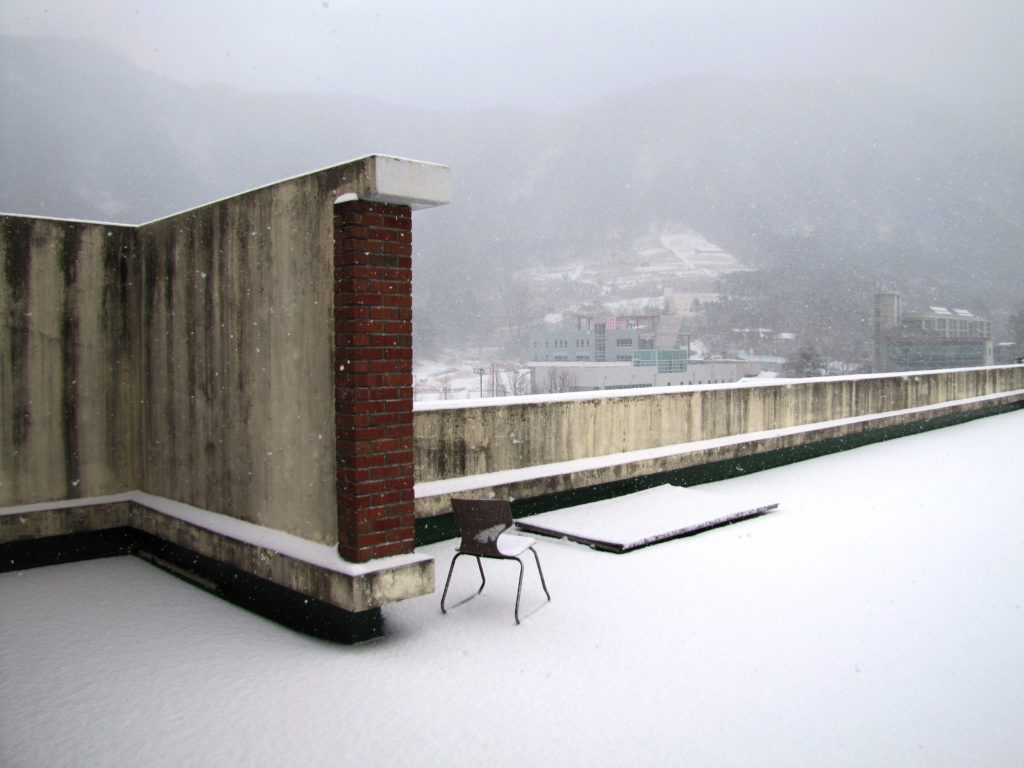The Tribunal Digs In
Recently, I have had frequent occasion to discuss the Marxist-Leninist-Maoist tribunal mentality that American progressives are invoking on a regular basis in their latest attempt to push the United States one fateful step closer to the one-party communist rule they clearly long for — though they will always laugh at you (a little too loud, methinks) for noting this longing. I call it the tribunal mentality not to suggest it is a mere echo or diminished approximation of the true communist tribunals, but rather to draw attention to the essential nature and ultimate goal of all such tribunals: psychological self-purification in accordance with Marxist orthodoxy. In other words, the psychology of the tribunal, rather than its outward, hearing-like manifestations, is the true meaning and purpose of the operation. The public hearing room, on the contrary, is merely an image propagated with the intention that the tribunal’s fluid judgments and threats will insinuate themselves into the normal workings of every man’s private thought.
Here is yet another example of the Tribunal in full operation: In the aftermath of Brett Kavanaugh’s confirmation to the Supreme Court, astronaut Scott Kelly, seeking to chastise the nation for the divisiveness of its current political rhetoric, posted the following on his Twitter account:
One of the greatest leaders of modern times, Sir Winston Churchill said, “in victory, magnanimity.” I guess those days are over.
— Scott Kelly (@StationCDRKelly) October 7, 2018
In response, social justice warriors (i.e., post-Frankfurt School Marxists) swarmed Kelly with diatribes about Churchill the racist and war criminal who caused a famine in India in 1943 that killed three million people. For example:
Hhmm Churchill forgot to reflect on his decision to ignore India’s plight in fighting the famine during his administration. Causing millions of Indian to die on the street while stealing their grains and supplied it to British armies.
— orang biasa2 jek (@faridnor) October 7, 2018
Within hours, Kelly, submitting unreflectingly to the Marxist revisionists and white-Euro-oppression narrative pushers, replied with this sublime example of the self-purification I identify as the essence of the Tribunal:
Did not mean to offend by quoting Churchill. My apologies. I will go and educate myself further on his atrocities, racist views which I do not support. My point was we need to come together as one nation. We are all Americans. That should transcend partisan politics.
— Scott Kelly (@StationCDRKelly) October 7, 2018
There we have the entire procedure of the Marxist Tribunal set in bold relief:
Step 1: Apologize to the Tribunal for your offense, even though you do not know what your offense was — in other words, begin by prostrating yourself before the moral superiority of the Tribunal (aka “the Party,” “the Dear Leader,” “the Cause,” “the People,” etc.), without question.
Step 2: Grant that whatever you have been accused of is a genuine violation that must be corrected, and that you will solemnly undertake to purify yourself in that regard immediately — in other words, acquiesce to the re-education camp.
Step 3: Beg for forgiveness on the grounds that although you have committed an offense for which you must be re-educated, your purpose is and always has been the stated purpose of the Tribunal — in other words, plead for your life and reinstatement as an accepted member of society by promising that in spite of your crime, you truly believe in what the Tribunal (or Party, Dear Leader, etc.) stands for.
This is why language has become the primary milieu and focus of the Tribunal in the “democratic” world. Language is the perfect vehicle for accusation and self-accusation, since, if one accepts the post-modern principle that the speaker’s intentions are socially meaningless, and that it is only society’s variable interpretations of his words that have moral or intellectual value, then anything you say may be interpreted as a violation, and thus there is no way to take control of your speech so as to avoid committing an offense. That is to say, the rules of social justice become not only oppressive, but an ever-shifting labyrinth without an exit, until an individual lives every day of his life in constant awareness that he may be in violation of the cause of justice at any moment without even knowing it. Hence, punishment from the Tribunal is always justified, since there is no way of defending yourself against a charge that is valid merely on account of being leveled, or perhaps even merely on account of being possible.
Your words are racist, sexist, systemically oppressive, culturally insensitive, or what have you, not because of their intrinsic meaning, but because someone might take offense at these words for reasons determined according to a politically correct dictionary that exists only in an imaginary and ever-evolving library in progressive academia, the only copies of which reside in the minds of the self-identifying gatekeepers of progressive purity.
Once again, the beauty of it, as Orwell showed in Nineteen-Eighty-Four, is that it is impossible to know when you are committing an offense, let alone to avoid it. Thus, you increasingly monitor yourself for wrong attitudes or inappropriate speech, without any certain understanding of what “wrong” or “inappropriate” might mean.
The aim of the Tribunal is not really to correct your behavior or thought, since there is no permanent form of correctness, but rather to put you in a permanent state of self-recrimination and self-distrust. Hence the recent assembly line of news stories about people like Scott Kelly, apologizing for offenses committed not by them, but by their words in detachment from themselves. You didn’t do anything? Fine, then just apologize and all will be forgiven — for now.
Thus, everyone becomes his own permanent inquisition.
As Kafka shows more eloquently than Orwell, since he puts the emphasis on the subjective psychological element rather than the political, you become a spiritual suicide in order to accommodate yourself to modern progressive society, in a desperate attempt to avoid being caught doing the thing you are just sure you must be doing, even though you do not know yet what it is, and you may never know. Better to annihilate yourself in advance than live with the self-loathing of unidentified — and therefore unatoned — guilt.



